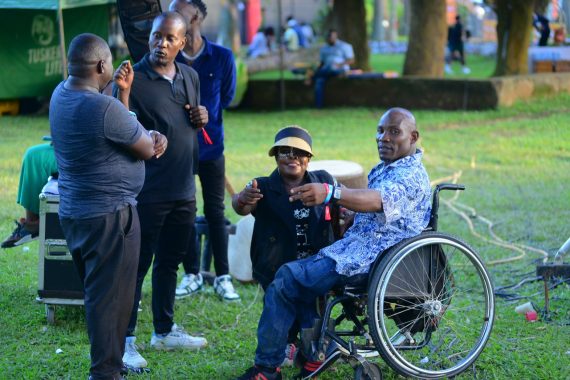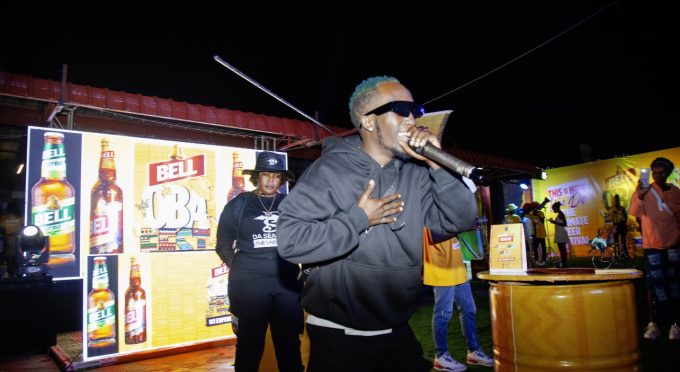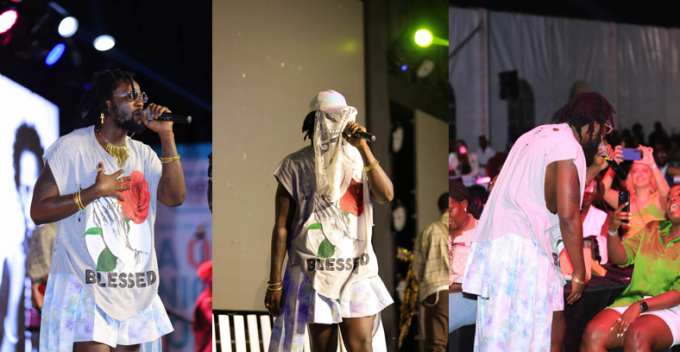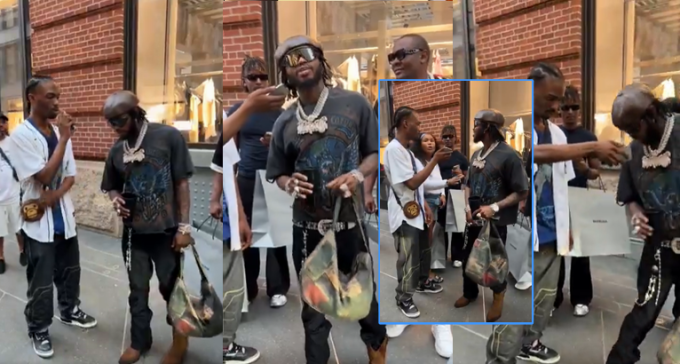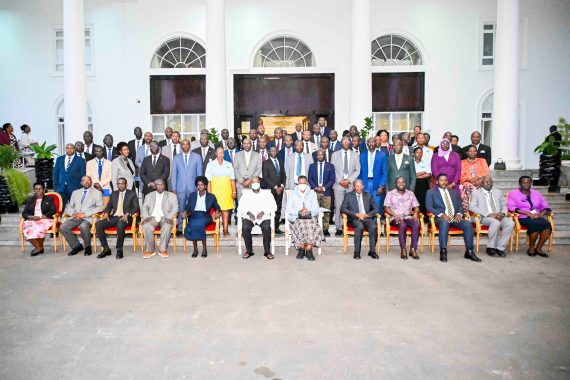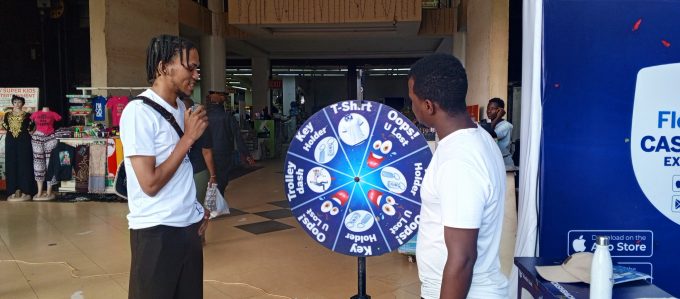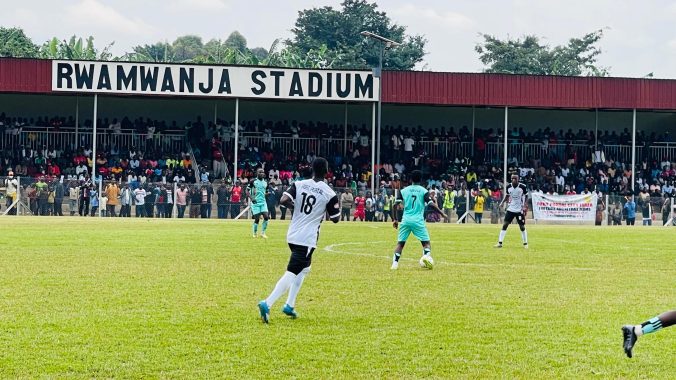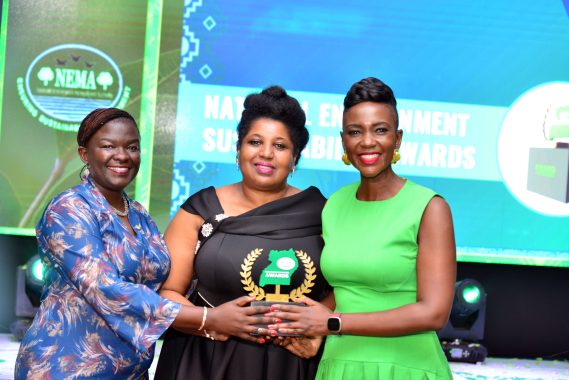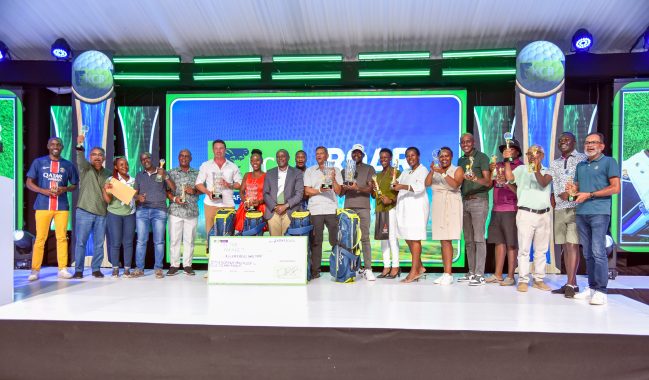The Bell Lager ObaFest that was held last Sunday at Jahazi Pier Munyonyo was a beer festival of many firsts – including being deliberate about making the festival welcoming and accessible to persons with disabilities.
The brand partnered with Light For The World – a social organization that advocates for the inclusion of people with disabilities – to ensure elements like wheelchair accessibility, allocated pathways, a designated parking area, proper signage, and sanitation facilities to cater to persons with disabilities.
The event also featured performances from artists with disabilities – Sarah Short and Adrian Magala – in addition to having sign language interpreters on the two stages of the festival to cater to persons with hearing disabilities.
The latter move received positive feedback from members of the public who attended the festival, with Anthony Natif (@TonyNatif) commenting on X, “Also, @Bell_Lager, to have a sign language interpreter at the #BellObaFest was such a lovely touch. You love to see brands that espouse the ethos of inclusion. Very nicely done.”
The move is part of Bell Lager’s parent company – Uganda Breweries Limited’s – commitment to inclusion and diversity – following several initiatives that have seen the business deliberately provide opportunities for persons with disabilities by offering direct employment at the brewery in Luzira and also providing skilling and training to persons with disabilities to provide employment opportunities for them in the hospitality sector through the Diageo Bar Academy.
Grace Amme, the Bell Lager brand manager, said, “Through the disability-inclusive initiatives at ObaFest, we are leading the conversation about making events and the hospitality industry, in general, more inclusive to persons with disabilities as we put in the work to help shape a more inclusive society.”
The brand was the first in Uganda to roll out an inclusive advert and all the Belkl ObaFest ads include a sign language interpreter to cater to people with hearing disabilities who are often left out of mainstream marketing and communication.
Sapiosexual & Ambivert


